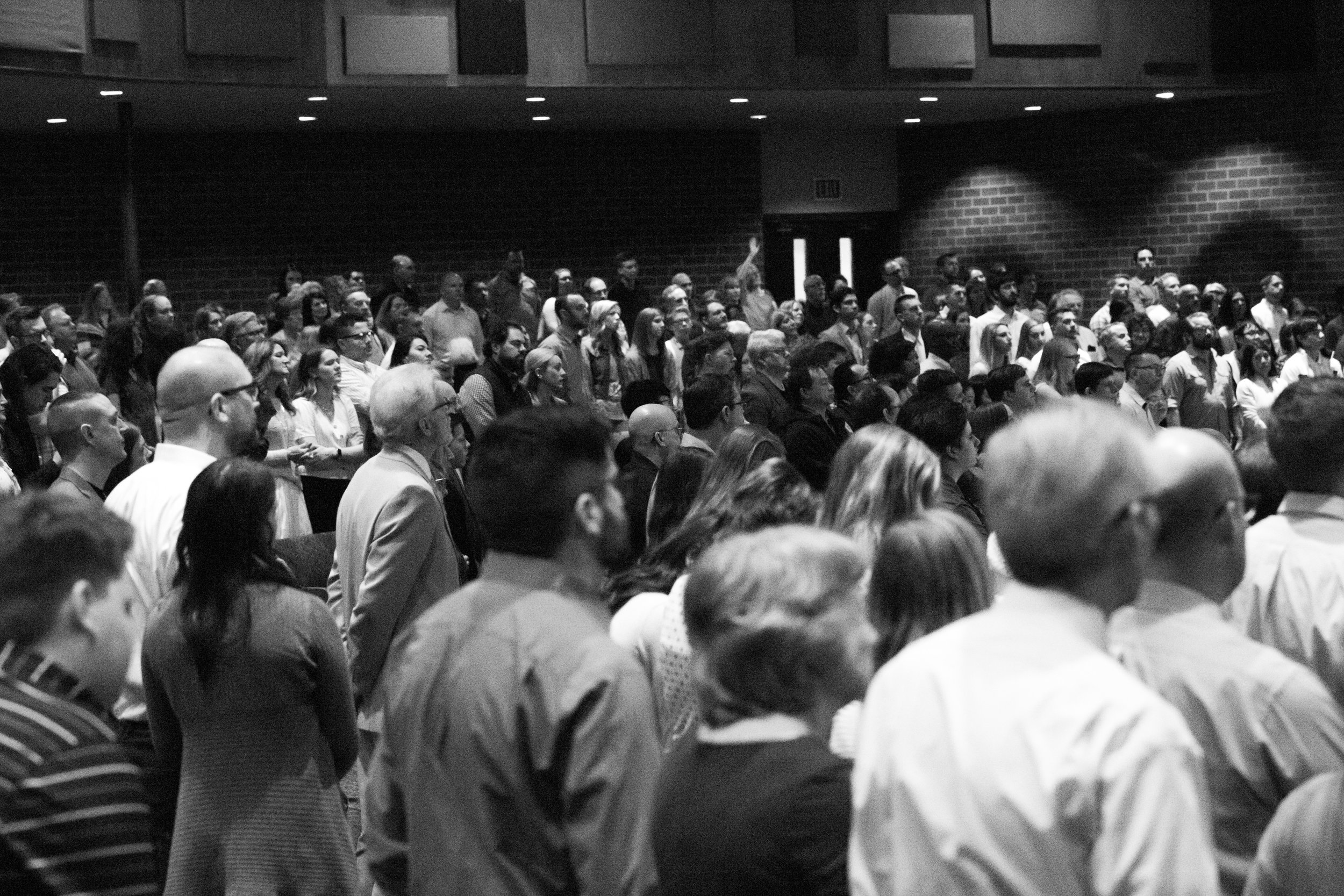Love: The Catalyst of Missions
Guest Speaker - Jay Armstrong - 10/1/2023
Key Passage: 1 Timothy 1:5
Missions Emphasis Week - Part 1
What do we mean when we say Gospel / Disciple?
- The gospel that you preach determines the disciples we produce.
Axiom: Christianity without Discipleship is always Christianity without Christ
- “Christianity without Discipleship is always Christianity without Christ.” - Dietrich Bonhoeffer
A Better Question: Jesus, how am I doing loving the people you’ve given me to love?
- What are we practicing?
- How are we preparing?
Grow in Grace
- Grace is God at work on our behalf to help us become and do what we could never become nor do on our own for our best good and His highest glory.
- Titus 2:11-15
The Disciple’s Process
1. Believe like Jesus
2. Live like Jesus
3. Love like Jesus
4. Serve like Jesus
5. Lead like Jesus
The Royal Command
- Love God. Love People.
- Matthew 22:32-40
A Divine Example
- As I have loved you
- John 15:11-17
A Disciple’s Duty
- Live as people of love
- Can we ever really say, we love God whom we haven’t seen if we are not willing to love the people he commands us to love who live right next door?
- Information alone doesn’t create transformation.
The Church: a community of faithful love.
- Motivated by relationships built on love, not on traditions, personalities, finances, programs, buildings, or events.
Relationships
- The end
- The means
- The message
Without Wax
- When love is sincere
Defining Love
- Love is the ongoing sacrificial pursuit of God’s best for another person.
Paul’s Purpose
- 1 Timothy 1:5
- The goal of our instruction is love
Two Goals
1. Love more people than we’ve ever loved before
2. Love people longer than we ever have before
Axiom:
- it’s more important to be than do
- It’s more important what happens in you than to you.
- You cannot give to others what you do not posses yourself.

